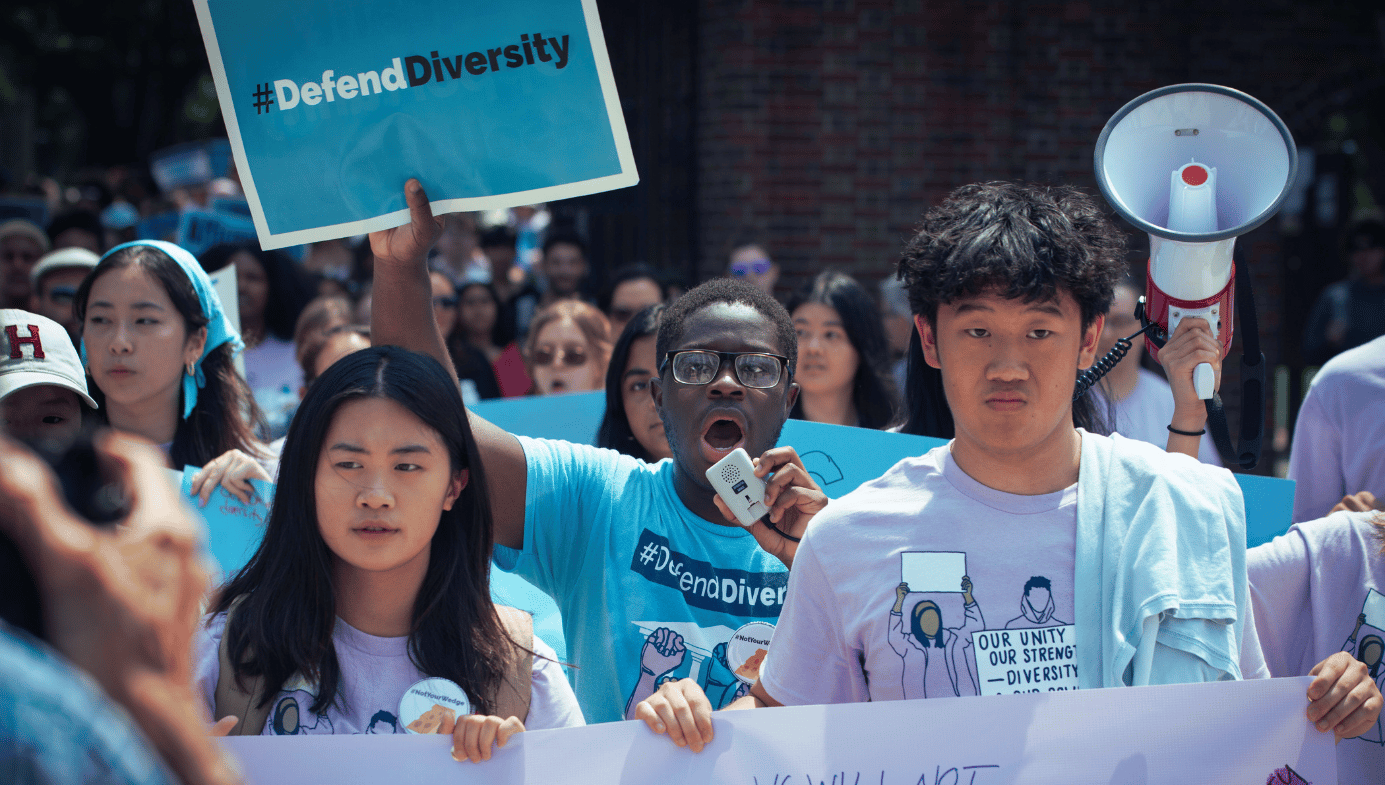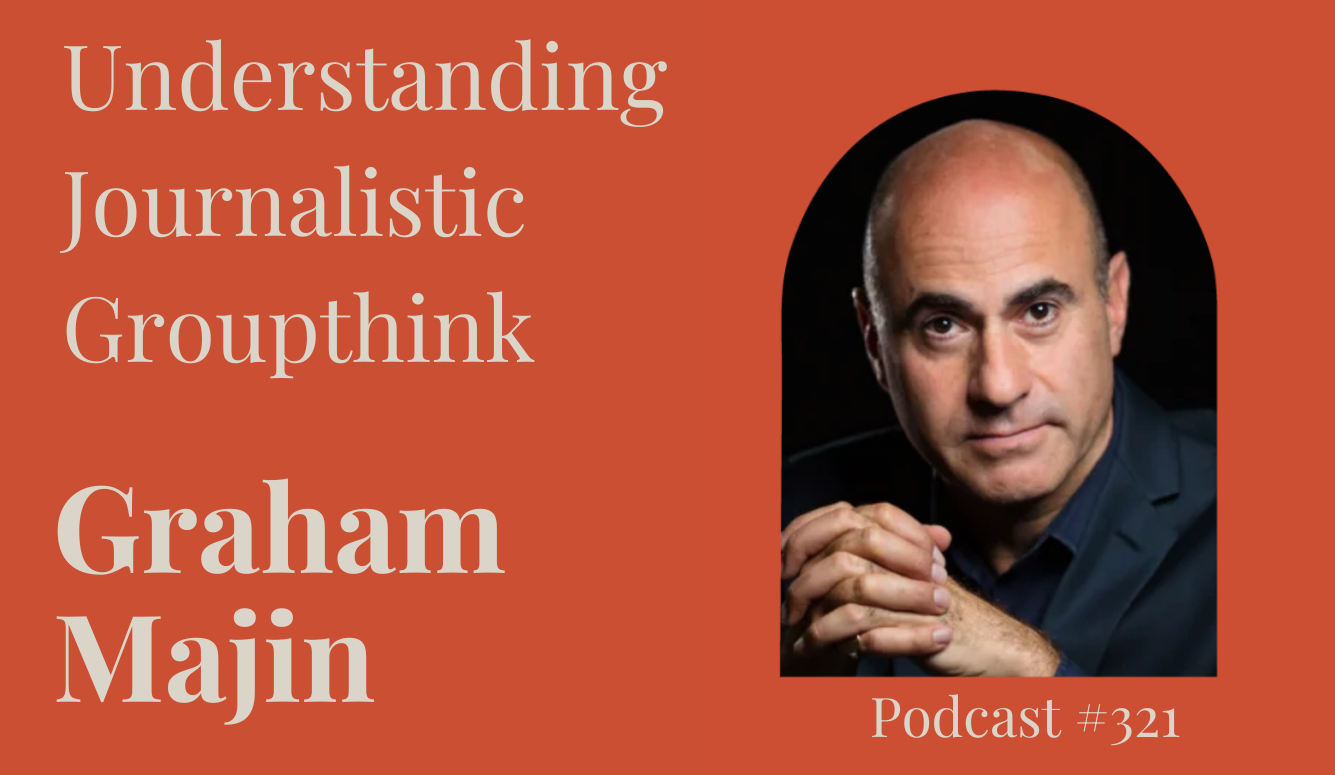Education
Pursuit of Injustice: Further Adventures Under Title IX
So, how did the Dear Colleague Letter turn universities into star chambers? It lowered the burden of proof for a guilty finding in sex cases, and stripped the accused of due process.

A specter is haunting American colleges and universities, the specter of Title IX. Originally the portion of the Civil Rights Act concerned with gender equity on campus, the previously laudable Title IX was twisted beyond recognition by the infamous 2011 “Dear Colleague” Letter and the new regime of federal compliance it created. The Department of Education’s Office of Civil Rights issued the DCL with the intent of reducing sexual harassment and assault, but instead it ushered in ivory tower McCarthyism. Last year, I endured a Title IX investigation (detailed in a previous article for Quillette) over trumped-up allegations made by a colleague seeking to settle a decades-old score. I was acquitted, but the ensuing investigation led to an entirely new set of administrative charges originating from a different office on my campus, the University of Utah. This article tells the story of how a Title IX case metastasized into a protracted and expensive ordeal.
So, how did the Dear Colleague Letter turn universities into star chambers? It lowered the burden of proof for a guilty finding in sex cases, and stripped the accused of due process. Perhaps more importantly, it established a system of perverse incentives that fueled the witch hunt. Colleges deemed insufficiently vigorous in ferreting out sexual misbehavior could now be shamed by their inclusion in a federal registry. Furthermore, they were threatened with compliance reviews that could cost hundreds of thousands of dollars to complete. Colleges now had a strong incentive to pursue every case brought to their attention, no matter how frivolous. Despite the recent retraction of the Dear Colleague and new federal guidelines, the Title IX machine continues to hum along, perhaps motivated by higher education’s broad hostility to the Trump administration.
My own investigation for alleged Title IX transgressions lasted several months before eventually clearing me of sexual harassment and gender discrimination. In the end, I was very lucky. I remain a tenured professor at the University of Utah. The costs to me were limited to my time and the $14,000 I ultimately paid to my attorney. Some tenured faculty members end up losing their jobs. Students are often expelled from college and effectively barred from matriculating elsewhere in the United States.
Yet the successful resolution of my Title IX case a year ago didn’t come as much of a relief to me. Although the investigator’s report cleared me of sexual misconduct, it far exceeded its original mandate by going to great lengths to depict me as a bad colleague. Most of this concerned my behavior at faculty meetings. I had rolled my eyes. I had said “fuck” once. And so on.
I protested to my Title IX inquisitor about the irrelevance of all this to a Title IX case focused on sexual harassment and gender discrimination, but to no avail. The response included this unhappy reminder: “Please be advised that the OEO/ AA is not bound by strict rules of legal evidence or procedure. . . .” Translation: we can do whatever we want, with virtually no accountability. My Title IX report was entered into the official record with all the commentary about my comportment at faculty meetings intact.
I freely concede to being impatient at faculty meetings—most of us are—but the imputation that I was a lousy colleague is a stretch. Case in point: I’ve published three papers in academic journals and co-edited a book with three different departmental colleagues. Whatever my interpersonal limitations may be, I’m not congenitally unable to get along with the people I work with.
In any event, it was clear why the Title IX report tried so hard to impugn my collegiality: it was providing the source material for additional complaints that would originate elsewhere in the university bureaucracy. Three months later my suspicions were realized, as I received an official complaint from my dean about my hostile body language and overall poor collegiality. The complaint was based entirely on the findings in my Title IX report.
The dean’s letter recapitulated the eye rolls, the one-time profanity, and so forth from the report. “Hostile body language,” my dean wrote, “[is] unacceptable in a professional setting.” She imposed two punishments for my transgressions. The first was an official reprimand, with the stated threat of dismissing me if my body language didn’t improve forthwith. The second was a month of unpaid suspension. I wasn’t scheduled to be teaching during the specified month, but the suspension would amount to a fine of over $5,000. I also would be barred from campus. A month of freedom from faculty meetings ultimately wasn’t worth $5,000 to me, but I did have to give it some consideration.

There are two broader points to make about the dean’s charges. First, no one in my department had actually complained about my collegiality, to her or anyone else at the university (indeed, my collegiality hadn’t been part of my initial Title IX complaint). These details emerged simply because an over-zealous investigator included them in his report after soliciting dirt from my colleagues. Indeed, no one had previously asked me to tone down my body language, or reported feeling scandalized by my use of the F-word.
The second point concerns the dean’s demanding expectations regarding my behavior. (At this point, I encourage anyone reading this article to make sure s/he is sitting up straight if s/he’s reading it in a public place. Who really knows if slouching is “hostile body language”?) Likewise, I encourage my peers at research universities not to publicly observe that they’re at research universities. Otherwise it might seem as though they’re “”look[ing] down on anyone who he sees as doing more teaching/service and less research.” Yes, that was part of the dean’s complaint against me: at a research university I shouldn’t discuss the primacy of research with my colleagues. More broadly, seeking to control an employee’s body language and sentiments about his coworkers and place of employment can’t be called anything other than Orwellian.
The dean’s complaint offered me two outs. The first was an offer to rescind the reprimand and fine if I wrote a response that pleased the dean. The second was a review by the “consolidated hearing panel,” essentially a trial by a jury of my peers. These hearings are the usual means of meting out punishment in higher education, and they’re consistent with guidelines set forth by the American Association of University Professors.
After another expensive consultation with my attorney, I submitted a response to my dean. I pleaded extenuating circumstances—hardship in both my personal life, dysfunction in my department that had been documented by a review committee composed of faculty at other institutions—coupled with an apology. The response of the dean was to cut my suspension (and fine) to two weeks, rather than a month. So, I contacted my faculty senate about convening the consolidated hearing panel.
I requested background: guidelines about how my trial would proceed, information about prior trials, and so forth. The senate secretary was unable to provide me with any information, in part because she claimed the senate had no record of anyone ever contesting a disciplinary action anything like mine.
It is difficult to imagine that my fellow faculty members—a jury of my peers—would actually vote to uphold the unpaid suspension imposed by my dean. Would they really want to set a precedent of faculty members getting fined, especially for charges as frivolous as their body language in faculty meetings? To the best of my knowledge it would indeed be a precedent, at my university or any other, as none of my many friends in higher education had ever heard of a dean trying to fine a faculty member.
Still, I didn’t relish the idea of a hearing. Preparing for it would have been a time-consuming endeavor. It would have been expensive in terms of attorney fees. And I would not be allowed to have my attorney at the hearing, only a “support person.” Nevertheless, I envisioned extensive pre-trial consultations with my lawyer.
It was therefore a relief when a university administrator who outranks my dean called the whole thing off. In exchange, I agreed to a de jure half-time appointment. I had been de facto half-time for years, so making it official was a matter of convenience for me. It was an agreeable outcome to an ordeal that had lasted almost a year. Meanwhile, the university was spared having to follow through on an outrageous punishment. I can’t imagine that the university would have wanted the attention the dean’s attempt at heavy-handed discipline might have ultimately produced. Still, what if I didn’t want to be half-time? Would the friendly vice-president for faculty still have saved me from my dean’s witch hunt?
The tribulations resulting from trumped-up Title IX cases have been well documented by Laura Kipnis, among others. Some of them have spun off into legal proceedings. My experience at the University of Utah shows that Title IX can beget other kinds of administrative tribunals in higher education.
I’m still waiting for the other shoe to drop.






